The Environmental Sustainability category of The Gin Guide Awards 2021 received a multitude of fantastic entries and what has been really interesting in judging them is that we get a snapshot of the sustainability efforts being undertaken in the industry, what processes are catching on, and the new ideas being thought of and trialled. It’s been a fascinating and valuable insight. The Awards Criteria What were we looking for in the entries? Our judges were tasked to choose who were most effectively and uncompromisingly introducing and using processes and materials to minimise the negative impact on the global and local environment, including reducing waste and carbon footprint. The category aims to highlight the distilleries that are going to exceptional lengths and developing a genuine and dedicated company-wide ethos and set of processes, beyond individual initiatives, token efforts or plans yet to be implemented. We ask the question, whether a small or large distillery, are they maximising the relative opportunities for sustainability? This is an important stipulation as it recognises that whether the entrant is a larger distillery that is well established and well funded, or a new, small distillery, there is the opportunity to be setting and achieving sustainability goals that are appropriate to their scale. The criteria also considers that where possible these distilleries should have clear sustainability goals and a defined approach. They should be regularly monitoring, measuring and reviewing the impacts of their efforts and comparing these against their goals and ethos. Are they delivering on their ideals, plans and ambitions? So, that’s what the judges were looking for. Let’s take a closer look at what the Winners are doing that makes them Award-worthy, and also what the Highly Commended entries are doing too: WINNER: North Point Distillery (Crosskirk Bay Gin) - Scotland
Sustainability is absolutely at the heart of everything they do and their focus is really impressive, shown in practices like the 7 Rs: “Refuse, Reduce, Repurpose, Reuse, Recycle, Rot, Rethink.” Likewise, whereas some distilleries are lessening their plastic usage, North Point is already absolute in their mentality - “We will never use any single-use plastics in our Distillery.” Another area that stands out is their attitude towards sourcing their botanicals. Not everything can be foraged and despite proudly foraging some botanicals, some have to be sourced and they deal with this in an incredibly thoughtful way. Laura added, “Our Ingredients for our spirits are sustainably sourced through Fairtrade / Certified providers both in the Caribbean for our Rum and locally, where possible. Throughout the spirit supply chain, we have only approached partners who share our goal of creating genuinely sustainable spirit products. Our raw material suppliers are specially certified by the Soil Association and the USDA as organic producers and our label and bottling suppliers are among the leading manufacturers of award-winning sustainable and recycled materials.” Their bottles are made from 100% recycled glass, they use natural corks and all packaging and marketing materials are 100% plastic free. They use an electric powered still that runs from renewable energy generated from a wind farm. Currently all bio waste is going to farmers for their fields, but once the planned biomass energy plant has been built on site they will be sending all their waste there, to power car charging stations and provide energy for the local community. They offset their carbon footprint on raw material shipping by sourcing recycled materials and they are constantly assessing what they are doing in order to fuel continuous improvement. These are all components of what makes North Point an Award-winner, with the overview being that they are hugely thorough and look to work to processes that eliminate problems that then need to be addressed. Bravo North Point Distillery! WINNER: Shed 1 Distillery - Cumbria, UK
Shed 1 Distillery have installed a closed loop cooling system. Founders Zoe and Andy note that this is “so we reuse the water needed for cooling during the distilling process. This saves 1,000s of litres of water for every distillation.” Closed loop systems are becoming increasingly popular due to their effectiveness in reducing environmental impact with each distillation. Something else that stands out is how environmentally conscious Shed 1 Distillery have been since the very beginning. Andy And Zoe explained, “since our launch we have used packaging that is recycled/recyclable/compostable: Glass bottles, paper and card packaging, paper labels.” Packaging is definitely a focus of theirs, with them thinking of a way they can be more independent in their processes to keep them in-house and minimise the carbon footprint of transportation. “We have invested in a cardboard shredder. It turns boxes into wrapping packaging (cardboard nets). This cuts down on the packaging we need to buy in and recycles the packaging that comes in from goods ordered. When needed, we supplement with biodegradable bubble wrap (that adds nutrients to the soil if it ends up in landfill).” Additionally they employ a waste disposal company to recycle all dry recyclables (excluding the cardboard). Shed 1 Distillery compost all of their used botanicals, they have a bottle and jar return scheme where customers can return their bottles and they reuse them, and they donate money to charity for each bottle returned. Likewise they collect corks on behalf of the Recorked scheme, both their own and any others people bring. This thoughtfulness and extra effort to assist with recycling is something that really impressed the Judges about Shed 1. They’re quite happy to get stuck in and they are incredibly considerate about all the little details, even areas of the distillery that aren’t a part of production per se. Andy and Zoe added, “toiletries and cleaning products are all recyclable and botanically-based. Toilet and kitchen paper come from 'Who Gives a Crap', made from Bamboo and 50% of the profits go to help build toilets and improve sanitation in the developing world.” And, they have even twinned their toilet and taps through the Toilet Twinning initiative (Tearfund), which funds projects to bring toilets and clean water to poor communities around the world. Their thinking extends to larger projects that they can get involved with to help other businesses. “Through Small Business Britain we have committed to be net zero by 2030, however, since we signed up with Ecologi we now offset more carbon than our business produces. We have also been asked to be part of the government’s “sounding board” regarding their upcoming Net Zero Campaign for small and micro business in the lead up to the UN Climate Summit in Glasgow this November.” Going far beyond individual and one-off initiatives, Andy and Zoe explained “With the help of Tim from Green Small Business we have an audit each year to check what progress we have made and discuss other possible initiatives. We have set out an Environmental Action Plan in order to continue to reduce our carbon footprint, and we keep our customers informed of our progress through a Sustainability Commitment and Blog on our website: https://shed1distillery.com/sustainability-commitment/” To us, what makes Shed 1 Award-winners is their ‘no stone unturned’ approach, making the most of every opportunity and encouraging others to do the same. Congratulations Shed 1! WINNER: Tarbaxus Distillers (Pentland Hills Gin) - Scotland
Tarbraxus also operate an unique refill scheme, with the customer returning the bottle for a refill and eliminating the need for pouches which can't always be entirely put in household recycling in their entirety - “Once a customer has a bottle of our gin they can send it back through Royal Mail from anywhere in the UK, using the cardboard postage box that is comes in, to refill it as often as they wish. The etched and individually numbered bottle can be cleaned, labelled, and refilled ‘ad infinitum’ with the customers now being able to choose to refill the same bottle with either Pentland Hills Original or Navy strength.” The fact you can choose which gin to refill it with is a new idea, lessening the need for unique bottles for each. Using Royal Mail has been a big part of implementing this idea. “The ability to tap into this carbon zero process has been a critical element to enabling our refill service to be eco-friendly and energy efficient, combined with a fully recyclable 3 play cardboard postage boxes that are strong enough to do 3 or 4 return trips through the post before requiring to be replaced.” This initiative seems to be working too, with Phil & Tabatha monitoring the schemes usage. “Over the past 12 months we have seen a significant increase in the refill rate from our customers. Back in 2018 the rate was 5-10% of our monthly business and this has now uplifted to almost 50% of our business activity. This reflects wonderfully on our customers' understanding of our desire and their wish to support making our gin as sustainable as possible.” Tarbraxus Distillers have invested in planting juniper bushes that due to their location should be providing juniper in the next 10 years. There has also been a lot of planting of other botanicals to lessen what they have to source and they are experimenting with dehydrating which would mean they can keep botanicals over winter. A very interesting element is that Tarbraxus do their own bottle etching - “2020 also saw the insourcing of our etching process. To date we have been utilising companies south of the border to carry out the bottle etching which has been the one area we knew “broke the code”. We built a new wooden stable and converted this to the 'Etchatorium'. This has enabled us, with a medium-sized investment into the machinery required, to bring etching production to the distillery and allowing us to zero the carbon footprint for this process and enable us to control our supply chain, which has proved to be a single point of failure in the past. Moving this process home will also enable us to grow our team and provide the opportunity for an individual to gain a new skill.” Another unusual point is their sponsorship of Madeline Hann, “We have worked hard to stay strong with our ethos. This has resonated in the sponsorship of Madeline Hann as part of Women in Science on the Antarctica trip through the Homeward Bound team to see the impact of climate change on one of the planet's most vulnerable areas. We felt it was only right for the company to support her in her quest to help raise awareness and develop herself alongside 80 other women on the expedition.” These considered and interesting approaches are what makes Tarbraxus stand out as Award-winners. And now for our Highly Commended entrants! Three entrants were Awards the ‘Highly Commended' accolade in the Environmental Sustainability category of The Gin Guide Awards 2021 and we also wanted to touch on some of the things that they are doing that were different to what we saw in the winners. HIGH COMMENDED: Dunnet Bay Distillers - Scotland
HIGH COMMENDED: The Gower Gin Company - Wales
HIGH COMMENDED: The Maidstone Distillery - England
So there we have it, an insight into the thought and execution of the wonderful ideas and processes that gin distilleries are implementing to become more environmentally sustainable. It has been a real pleasure to read and assess each entry as part of the 2021 Judging panel, and to realise the extent that distilleries are going to in the efforts. It’s also gives an incredibly hopeful outlook that so much love and care is being put into sustainability and that the process and techniques are under continual monitoring and review in order to make continuous improvements. Transparency of processes also means that other distilleries can take note and find way to make their distilleries more environmentally sustainable too, and gives great hope for the future developments in the sustainability of our industry.
- Author, Bernadette Pamplin Comments are closed.
|
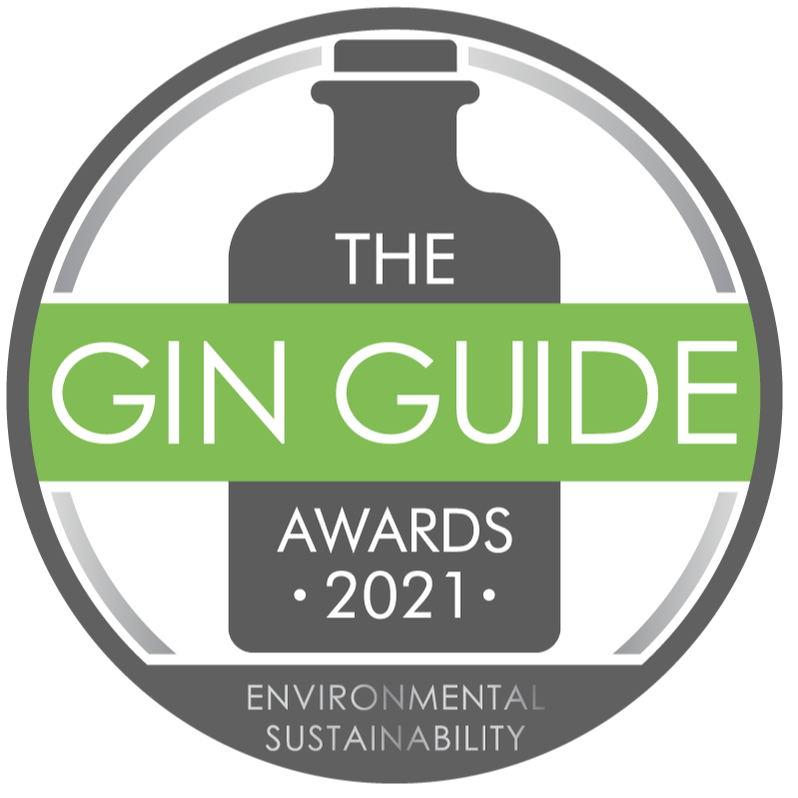

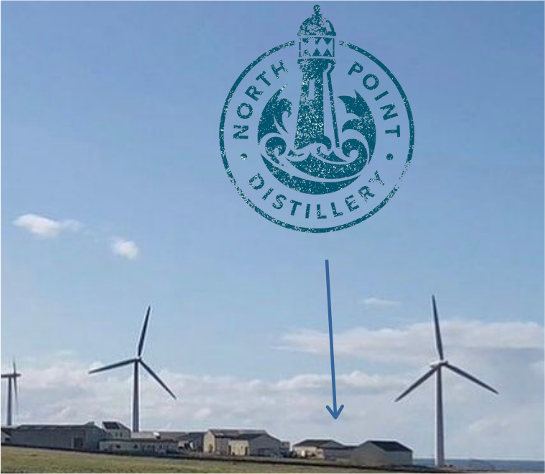

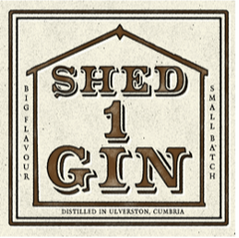
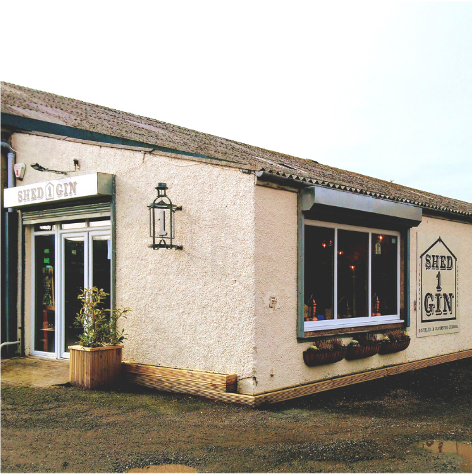
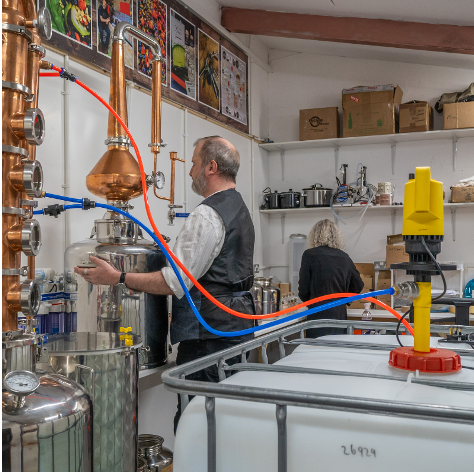



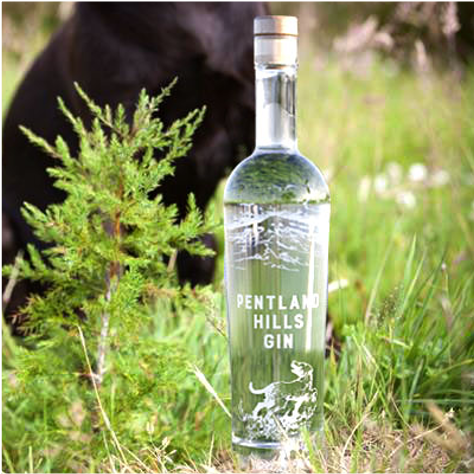




 RSS Feed
RSS Feed


